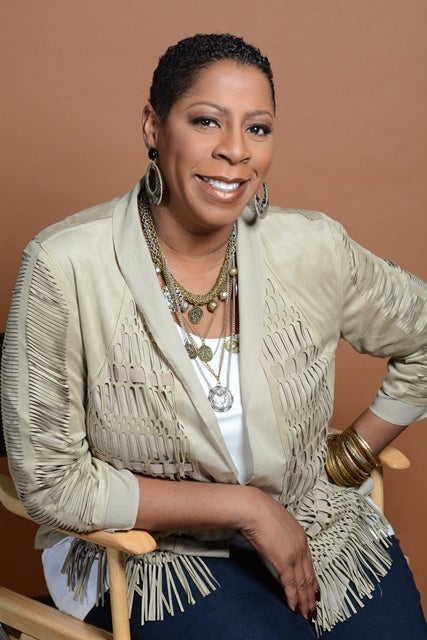
You’ve seen celebrity clinical psychologist Dr. Sherry Blake, author of The Single Married Woman: True Stories of Why Women Feel All Alone in Their Marriages, keep the Braxton sisters calm on the hit show Braxton Family Values. Now it’s your turn to sit in her chair…
Q: I desire to be in a healthy relationship that will lead to marriage more than anything but it seems impossible for me because of three words: premature ovarian failure. I was diagnosed with this condition in my mid 30s and doctors don’t seem to have many answers for it. I am now 42-years-old. It is impacting my life in ways that I wasn’t fully prepared to face.
This condition crept up on me like a thief in the night. I was in the middle of splitting with my husband, and I wasn’t keeping tabs on all of the symptoms that I experienced. I just knew that I didn’t feel like myself and I noticed the night sweats that seemed to keep recurring in the dead of winter. After we got divorced and I started dating again, I started taking notice more and more of the changes in my sexual health. I had no sex drive, I had not had a period in six months, there was some vaginal dryness and my body ached. I felt like a little old lady in a 35 year old body.
I went to my doctor with my concerns they informed me that my blood work looked like that of an older woman that had been in menopause for years. I almost fell out!
I’m currently on medication for this, but my sexual desire is not what it used to be. I don’t get aroused easily or have orgasms. This frustrates most men that I have dated and they loose interest fast. Or, I end up putting off getting intimate with them because I’m very insecure about my predicament. Men always loose interest because they feel I don’t desire them. How should I handle dating new guys and intimacy moving forward? I don’t want disaster to strike again.
A: Premature Ovarian Failure is the condition you are experiencing; it’s not who you are as a person, nor should it be your tagline. While your situation is serious, it is not hopeless. Many young women struggle with POF each year. The reason you and many other women are taken by surprise is that the possibility of this happening when you are young is rarely talked about. This is a medical condition that has nothing to do with what you did or did not do in life. You are also not being punished in any way. With that being said, we must deal with the reality of the symptoms and the emotional impact on your life. It sounds as if you are overwhelmed with your diagnosis and the issues are defining your relationships. When you meet someone new, spend time getting to know him before you trust him with your personal sexual information. Do you ever hear of men voluntarily sharing that they have erectile dysfunction before they become intimate? No! So, why do you need to share any difficulties you may be having beforehand? This is not a disease, and it is not contagious. You do not owe anyone a conversation about it until it is necessary.
Once your relationship moves towards intimacy, then share with your partner what is going on. If your partner is not patient and understanding, maybe that is not the right partner for you. Your partner may have to work a little harder to sexually stimulate you. When you and your partner are successful in this area, sex and intimacy can become quite creative and enjoyable. POF does not mean you cannot be sexually active or enjoy intimacy. Many people confuse sexual intercourse with sexual intimacy but the two are not the same. With the right medication and the right partner, you can enjoy both. Good luck! — Dr. Sherry
Email us your questions for Dr. Sherry now and be sure to include “Ask Dr. Sherry” in the subject line.
